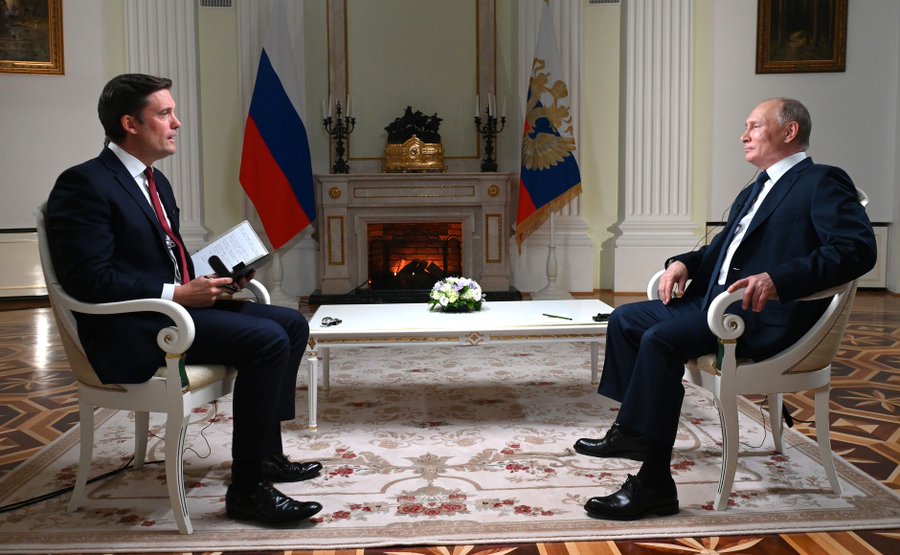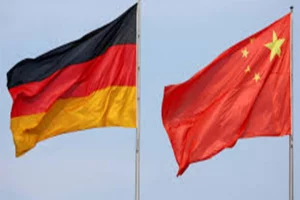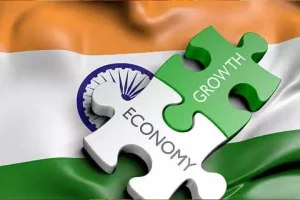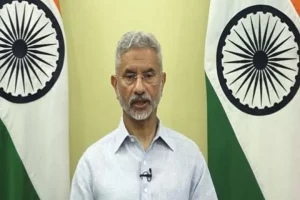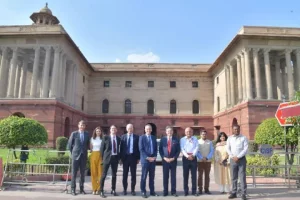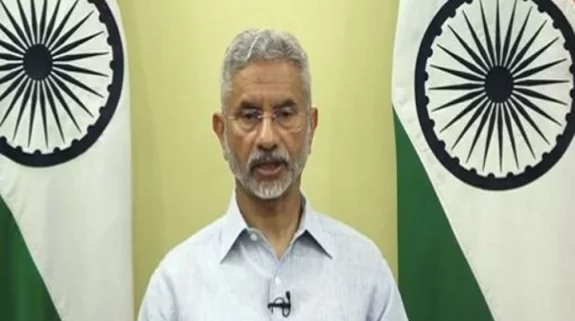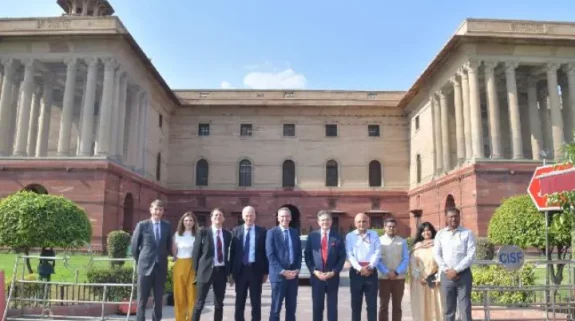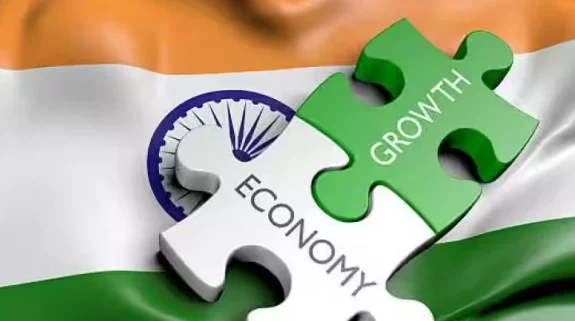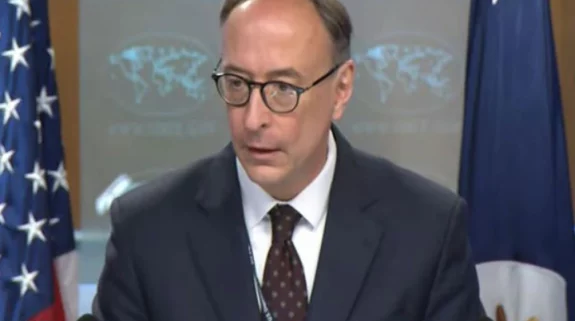US President Joe Biden's meeting with Russian President Vladimir Putin will be a media spectacle today. Relations between the two countries have deteriorated considerably since Biden took over this January, and have been controversial throughout Donald Trump's presidency.
Among other geopolitical issues like nuclear weapons control and cybersecurity, the Biden and Putin summit in Switzerland also has climate change on the plate.
In fact climate change is the one agenda where the two countries may see eye to eye. Biden had invited Putin for his global summit on climate change in April and Putin had readily accepted the invite. Improving the environment is an area of interest where the two countries can forge an alliance.
Yet, some heavy-lifting may still be required as Russia’s reliance on hydrocarbons is vital to spur its economy. Russia has massive untapped reserves of oil and gas in its Far East region, which it can simply not forego on the grounds of mitigating Climate Change.
Read More: Climate envoy Kerry wraps up power packed India visit, promises support on green tech
"These agreements affect Russia as it is a major stakeholder in the oil and gas business. At the same time, cutting down on carbon affects the US also. My speculation is that they may hold back-channel negotiations on these issues so that they are prepared for the November climate change conference. We know that the rich countries and also the high-emission countries are under pressure over climate change," says Anjal Prakash, Research Director and Adjunct Associate Professor, Indian School of Business, in a conversation with India Narrative.
Despite large oil and gas reserves, Biden is under domestic pressure from his “progressive” base of Climate activists, who are pushing for sprint and not a marathon to achieve climate goals.
Yet, the US may have no choice to reconcile competing pressures, including that from Russia, which does possess a bargaining climate card. "Russia is one of the major five emitters globally yet it is a powerful country in terms of global negotiations. If the Russians say “no”, the climate change negotiations do not move forward, and this is what the US does not want," former Indian diplomat to the UN, Manjeev Puri told India Narrative.
Over the past few months, Russia has responded positively to climate change noises emanating from the US. Despite deteriorating relations, Russia decided to participate in Biden's virtual climate summit "as this issue is a priority for Russia", Kremlin Spokesman Dmitry Peskov had said in April. "This is a multilateral event devoted to climate and the ecology and [this issue] is also a top priority for our country," Peskov told Russian news agency TASS.
For Biden, climate change remains an area of focus. He made the US re-join the Paris Agreement on global warming and made the environment his electoral agenda. Since assuming office, Biden reached out to 40 heads of states through the international climate summit on April 22-23, including Prime Minister Narendra Modi. Also called 'The Leaders’ Summit on Climate', Biden’s climate change meeting became a global rallying point to address the deteriorating environment as the world prepares itself for the United Nations Climate Change conference (COP26) this November in Glasgow.
Read More: Biden discovers India as partner for arresting Climate Change
US-Russian relations have seen a downswing also because of exchange of personal attacks by Biden and Putin.
But, on climate change the two powers are likely to come together. From today's summit, the only realistic expectations emanate from climate change. Yet, no one is discounting the hard bargaining at the negotiating table. As Dr Prakash emphasises: "The Climate Change conference in November 2021 is a hot cake in terms of negotiations between countries. The Paris Agreement too seeks to limit global temperature rise to two degrees and then reduce it to 1.5 degrees. Even the net-zero emission by 2050 is a challenge. These are the ticklish issues likely to be taken up by the two leaders today".
Read More: Is the Mumbai flooding onslaught due to climate change?






